James Broughton was one of America's first experimental filmmakers, a poet and an inspiring figure in the gay movement and, eventually, in the sexual liberation movement as well. Although he may not be as well known to most of us, the documentary Big Joy: The Adventures of James Broughton (by co-directors Stephen Silha and Eric Slade) is a long-awaited rediscovery, enlightening us about his art and his influence on gay life, particularly in terms of spirituality and self-accceptance.
Born in 1913 in Modesto, Calif., Broughton moved to San Francisco as a young man and came in contact with other artists of the San Francisco Renaissance, and later the Beat poets. He had a prolific creative life in which he explored, not without pain and confusion, his own sexual nature. He had a relationship and a child with film critic Pauline Kael, had many affairs with both women and men, and was married with two kids until he met the love of his life, a student 35 years his junior.
For such a unique character, the documentary follows a pretty conventional narrative, interviewing Broughton's close friends and colleagues--including everyone from Jean Cocteau, Harry Hay, Stan Brakhage, Lawrence Ferlinghetti, Anna Halprin, Armistead Maupin, George Kuchar, Jack Foley, Neeli Cherkovski, Alex Gildzen, Keith Hennessy, and Joel Singer--and adding texts from his journals and writings. Although the tone is exclusively admiring and celebratory, the filmmakers don't shy away from mentioning the darker side of Broughton's journey: a terrible relationship with his mother, his own bad parenting, depression, and the grief he caused his wife and kids when he left them. Without this contrast, there'd be little insight or tension to the portrait of such an irrepresibly iconoclastic man. The search for joy and spirituality are far more fun to those involved in it than to the casual spectator. If it weren't for these rays of darkness, I would have found Big Joy a bit too "uplifting."
The film explores Broughton's early days as a filmmaker, when he created the first experimental film in the Bay Area, and collaborated with artists like choreographer Anna Halprin and filmmaker Stan Brakhage, two artists who are comfortable making experimental films and writing poetry and feel at home living in the cultural margins of society. They understand the weight of their own freedom, at the expense of wider success and recognition.
In 1954, Broughton's film, The Pleasure Garden, won the special jury prize at Cannes, which brought him the opportunity to direct a mainstream commercial film. Instead, he chose to go back to poetry. Pauline Kael told Broughton this was the biggest mistake he ever made. But who can tell if trying to fit into the mainstream would have finished him off, or whether he would have found success without losing his essence? The latter seems highly unlikely. Broughton was true to his own spirit, and devoted his life to marching at the sound of his own drum and inspiring others to do the same.
Watch the trailer below:


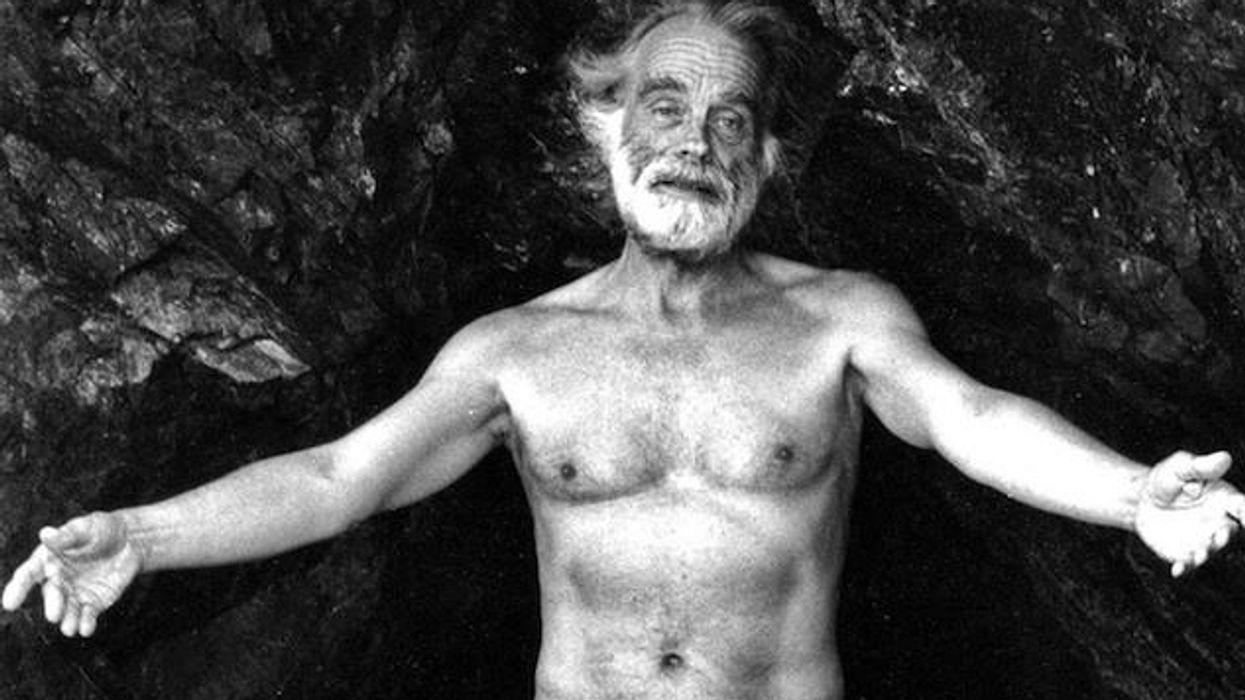
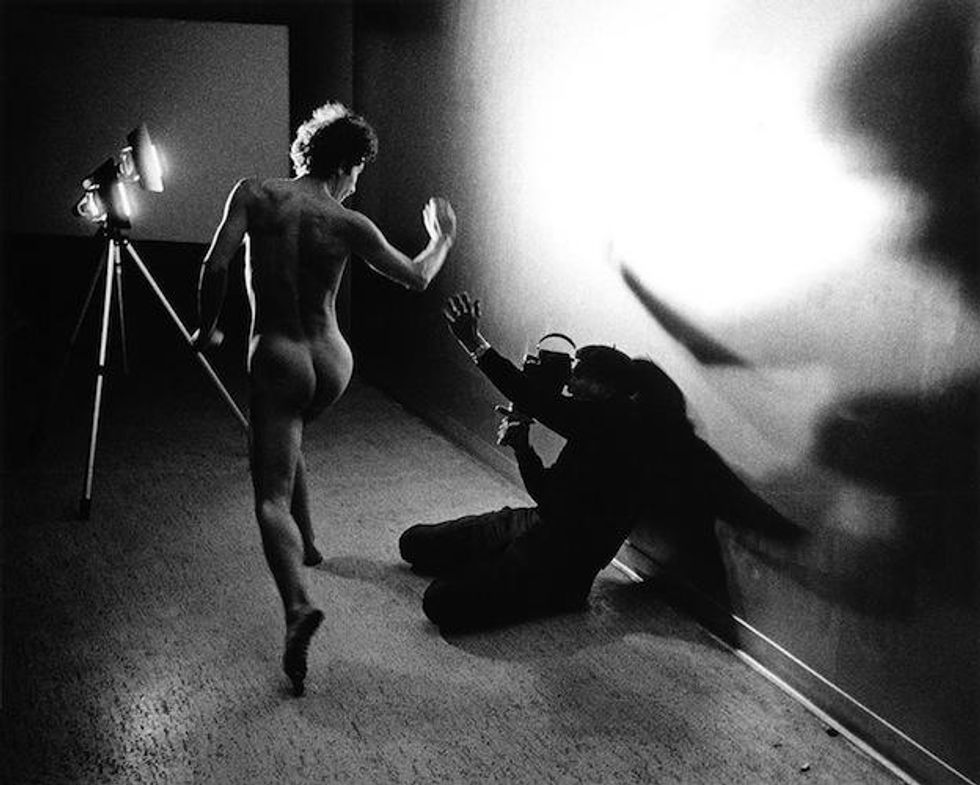
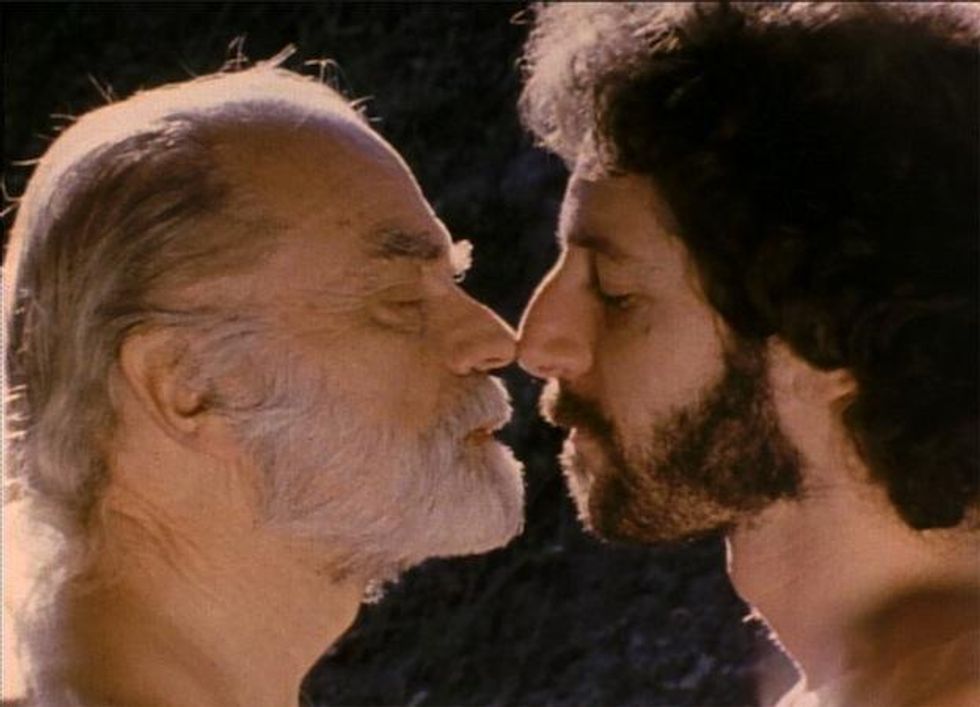


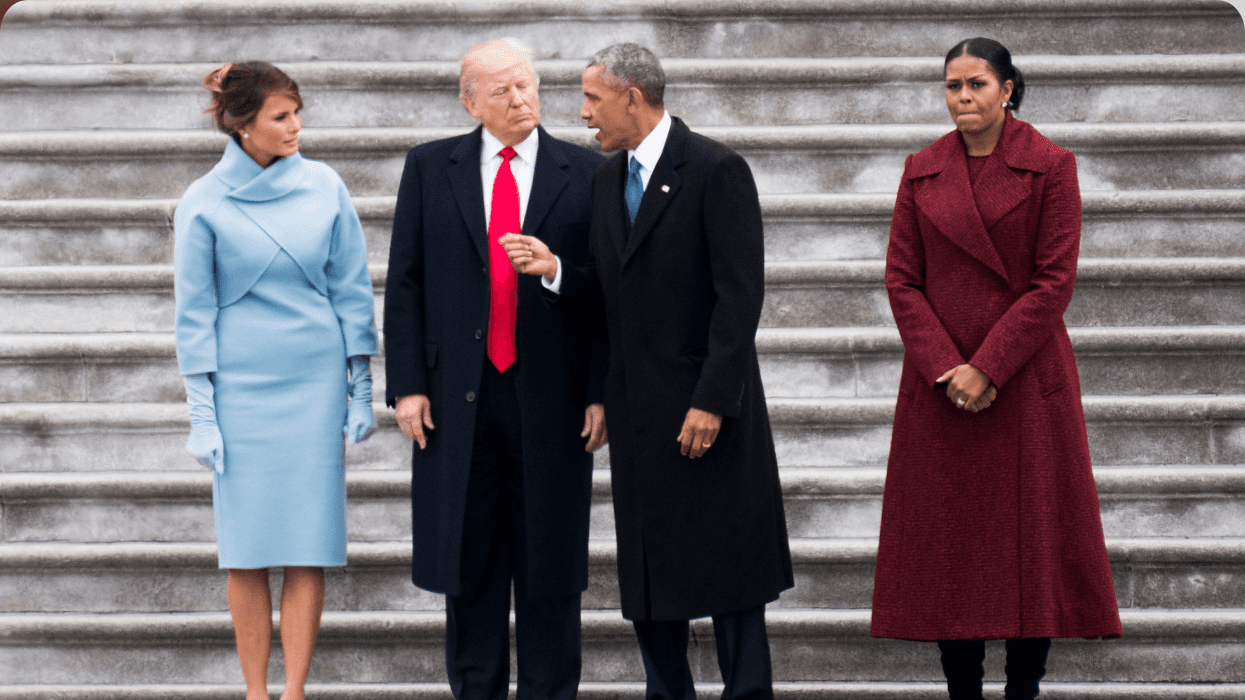

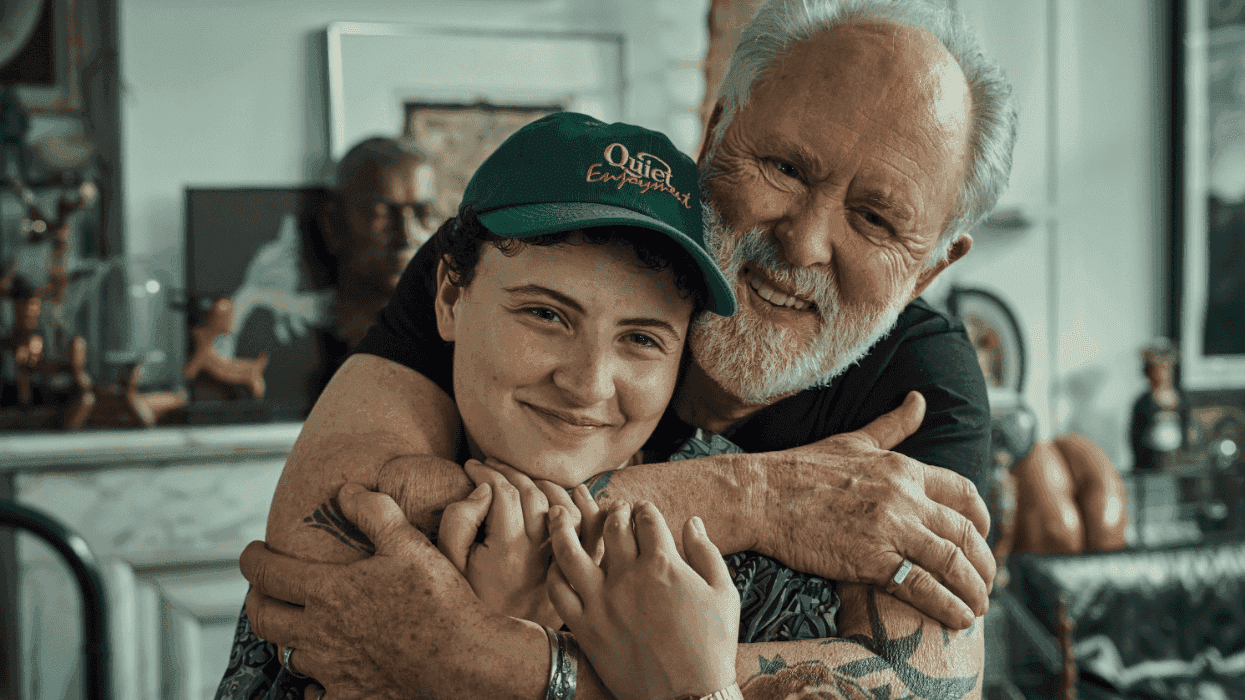
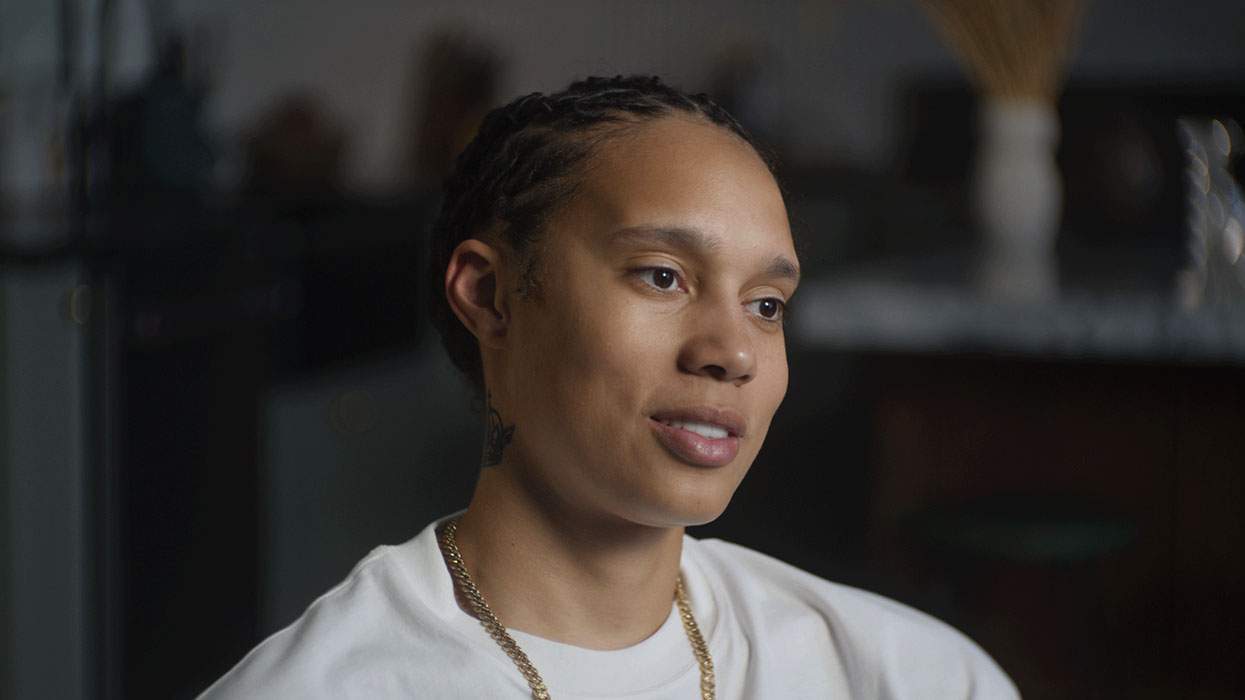
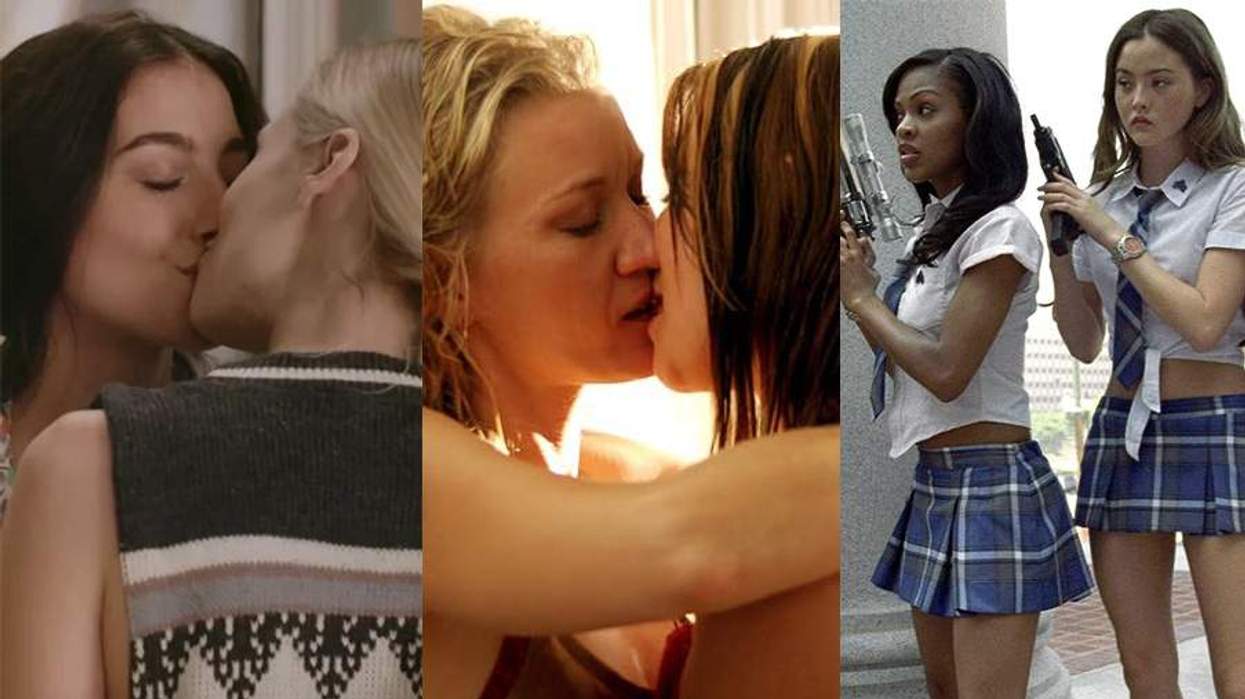
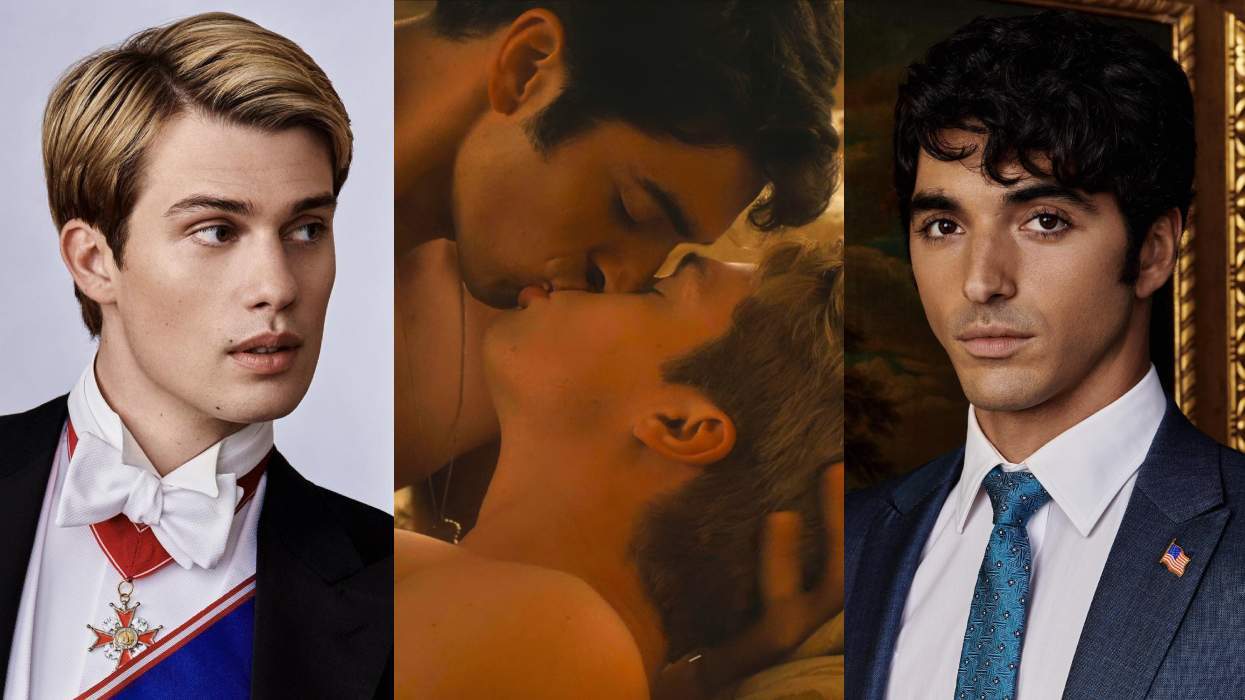
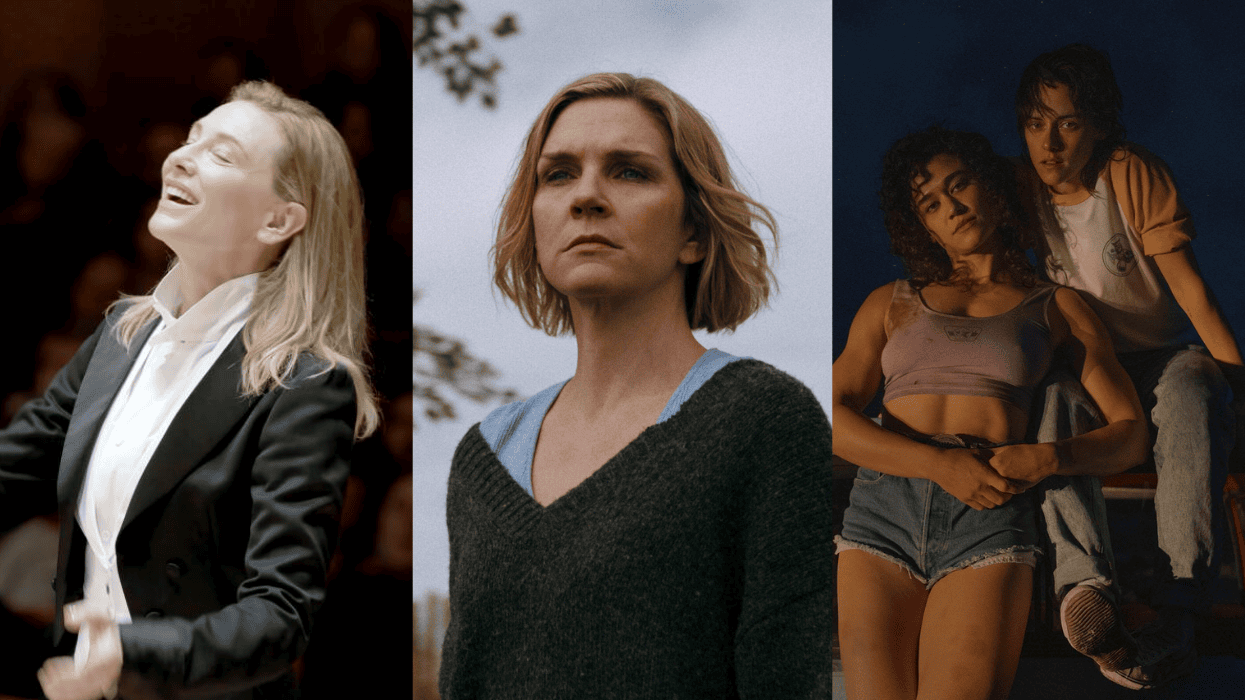






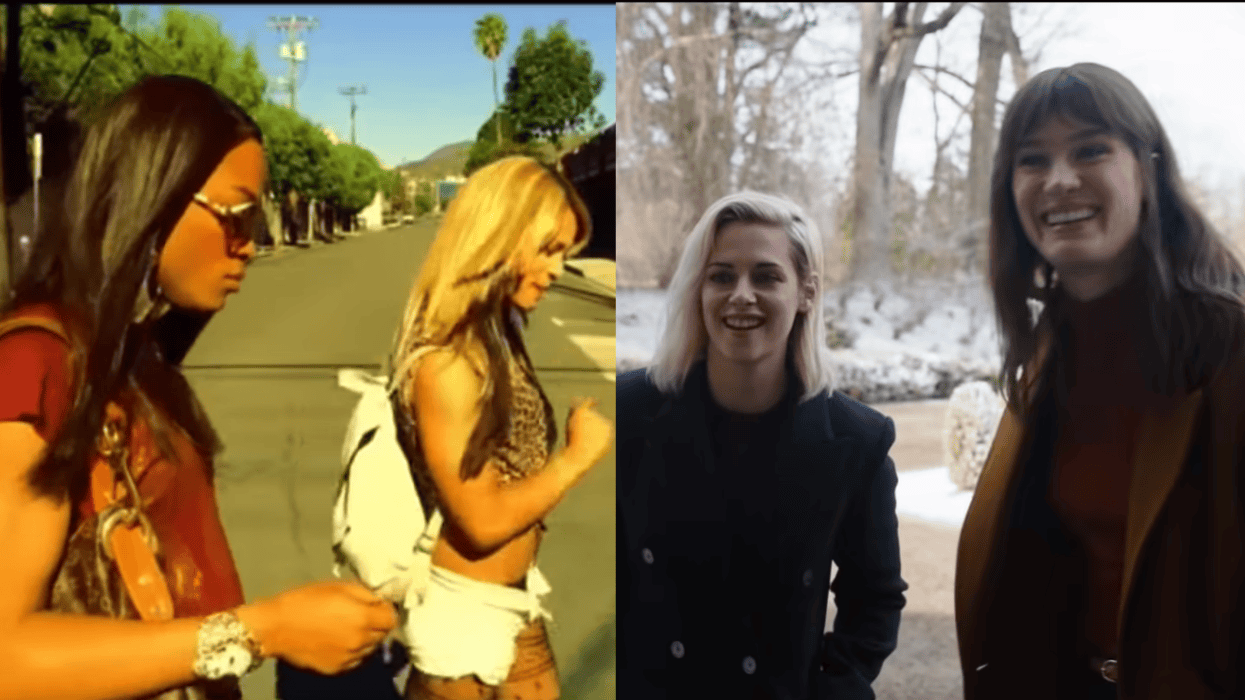
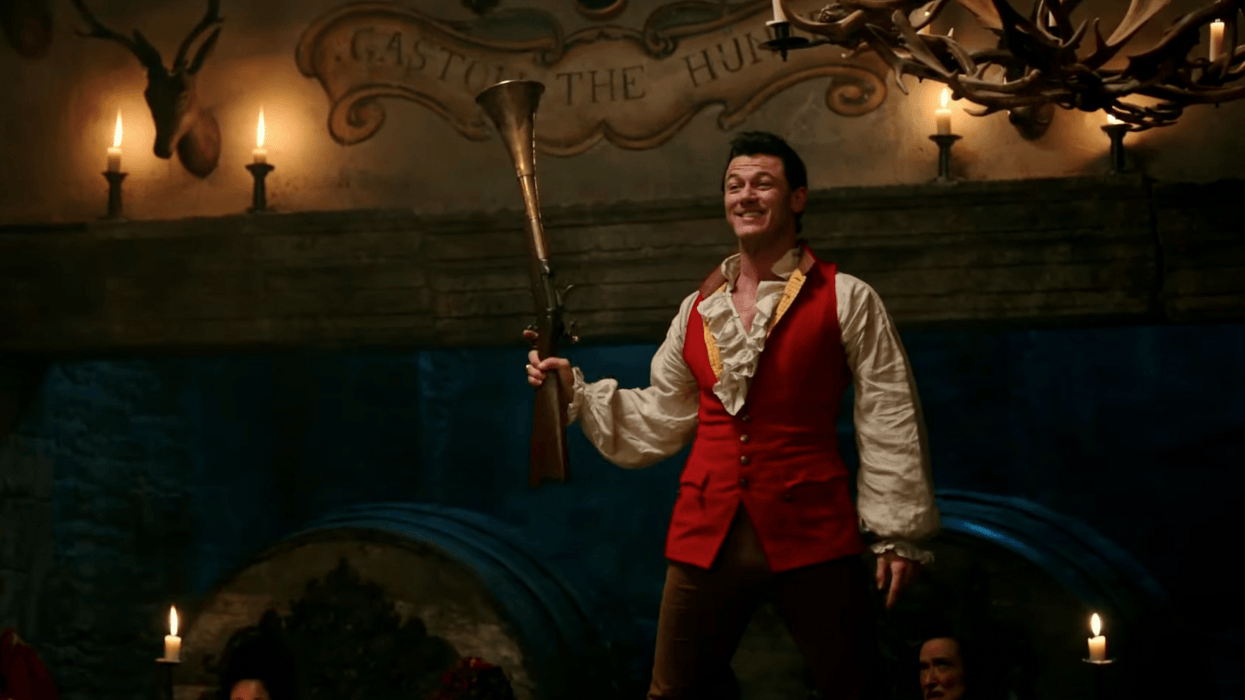

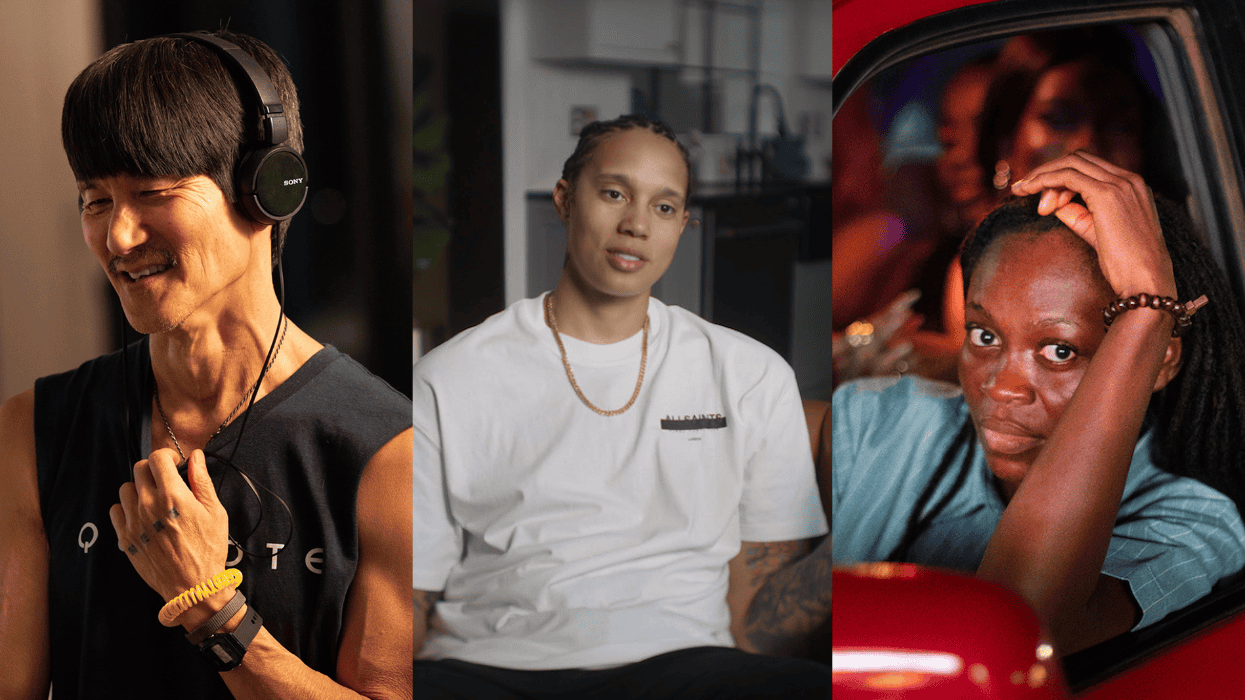
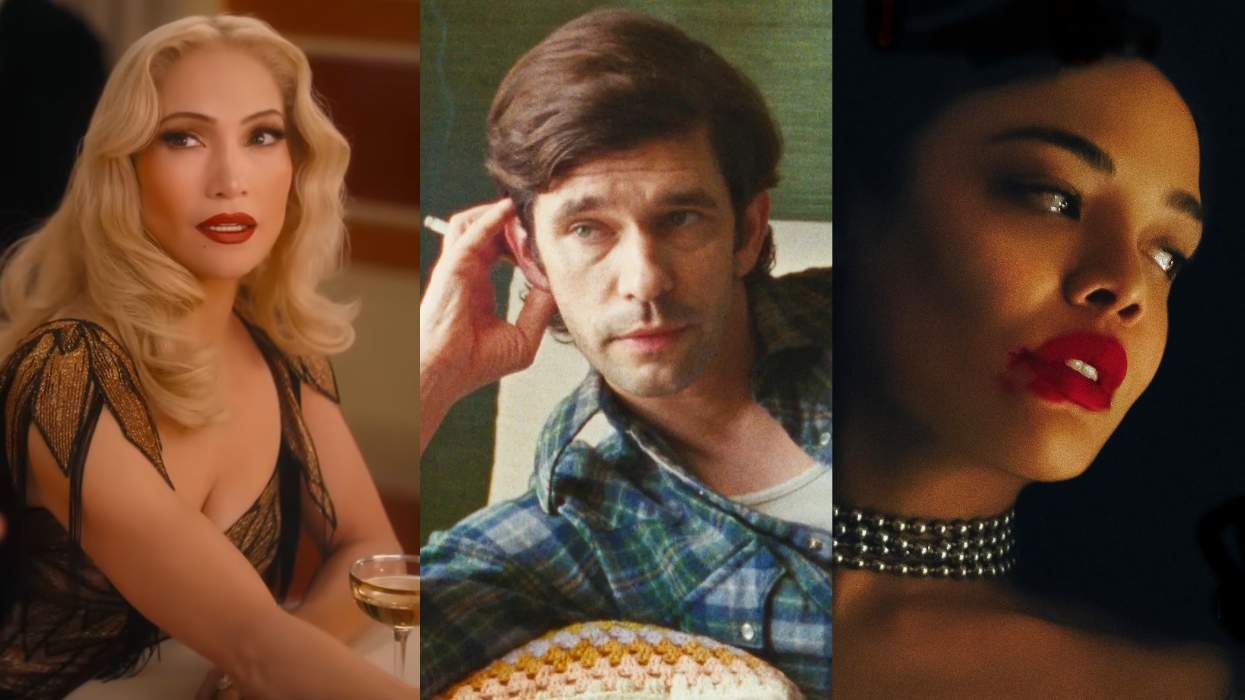
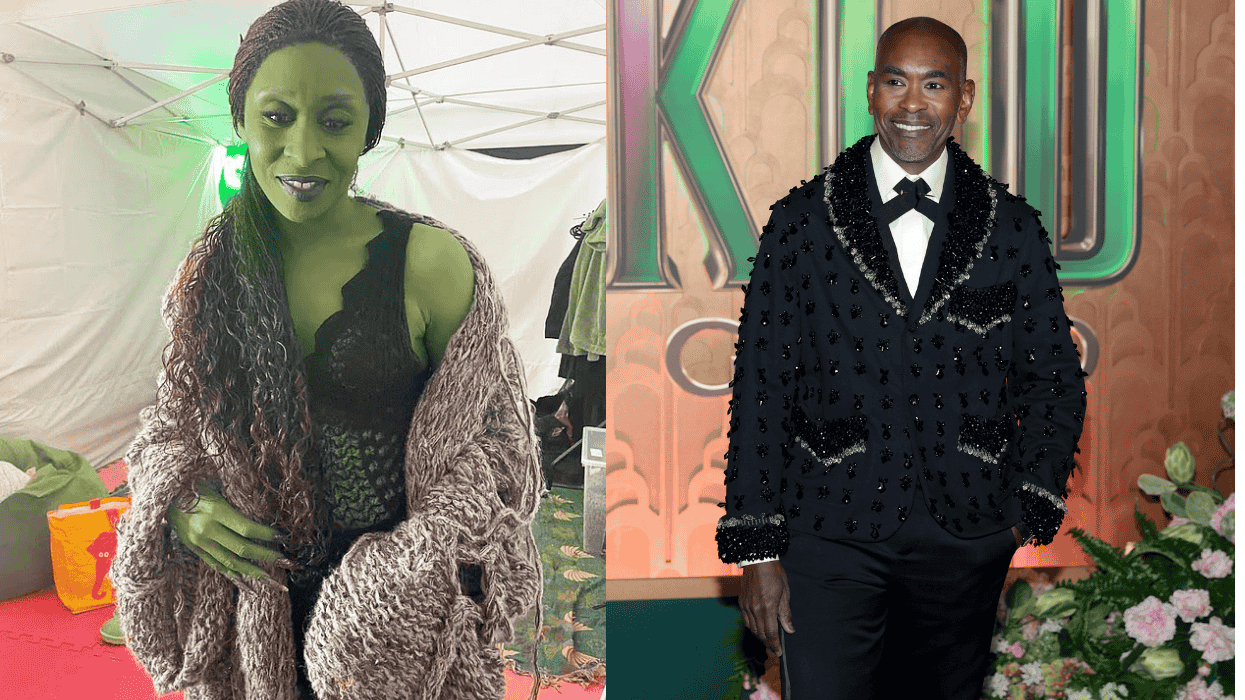

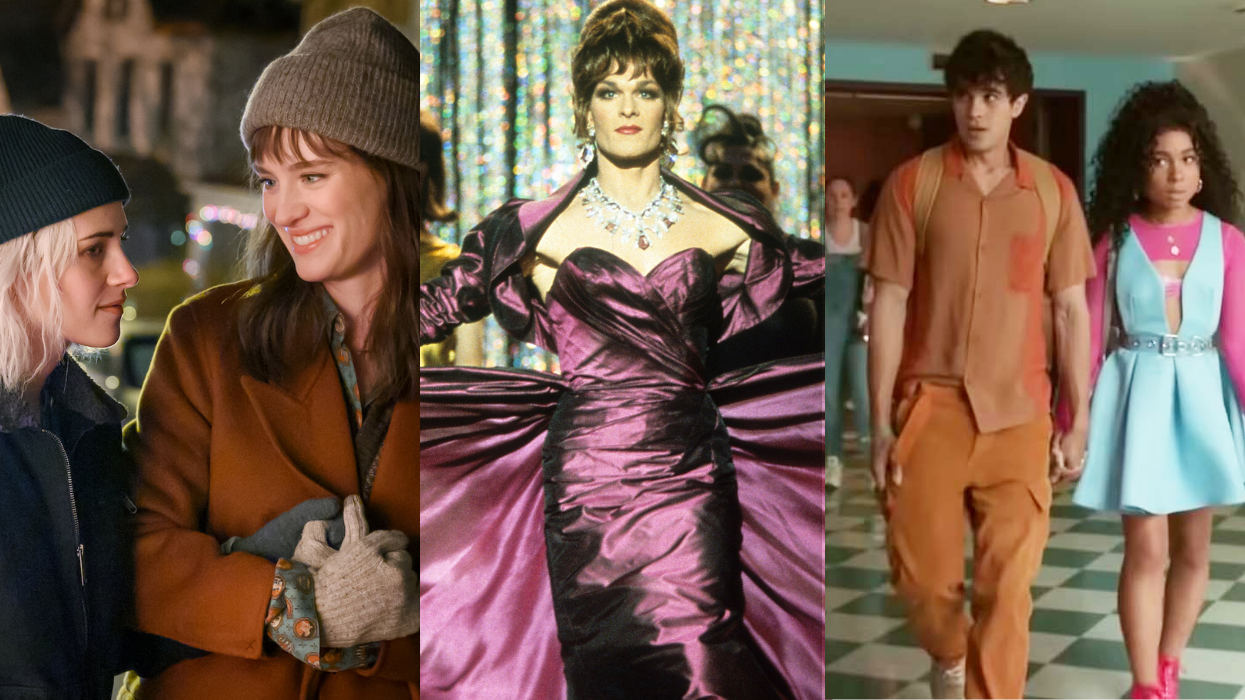
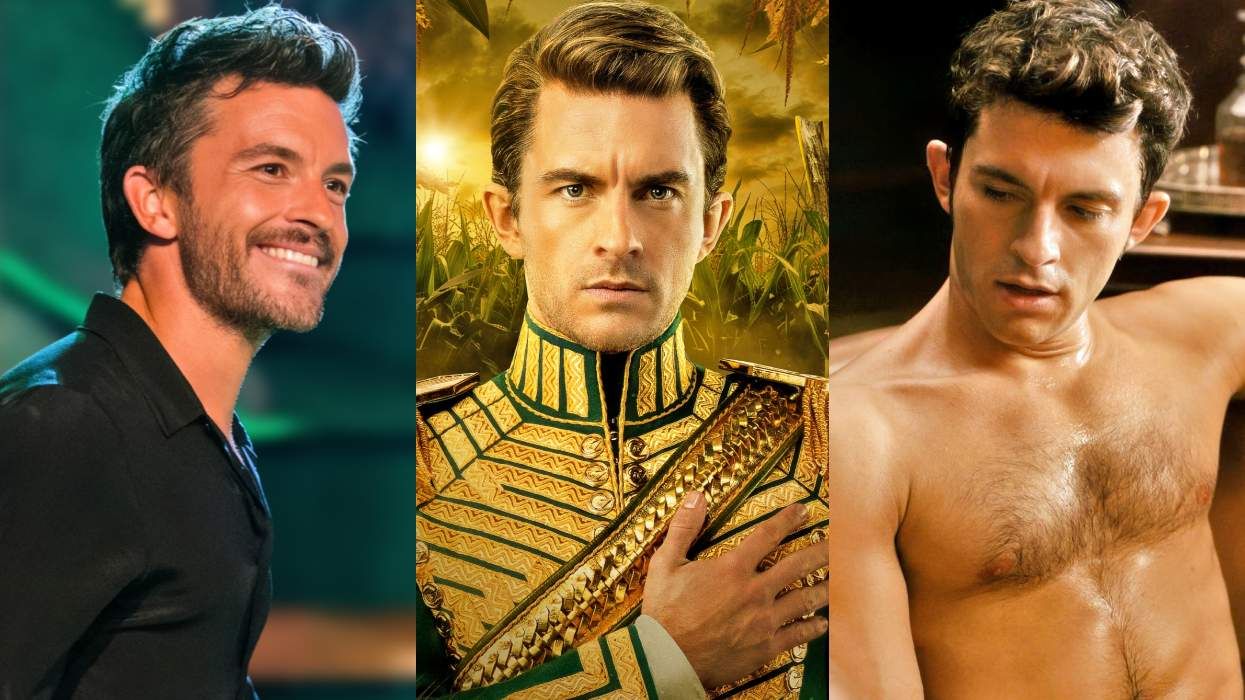
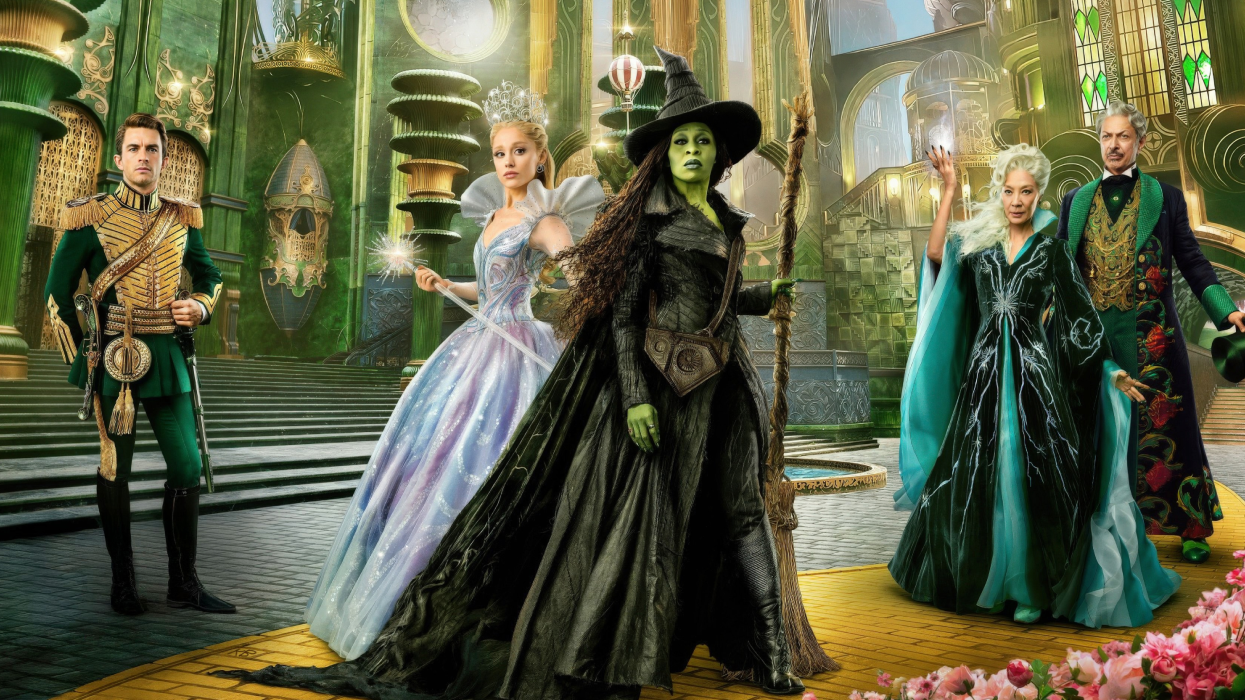
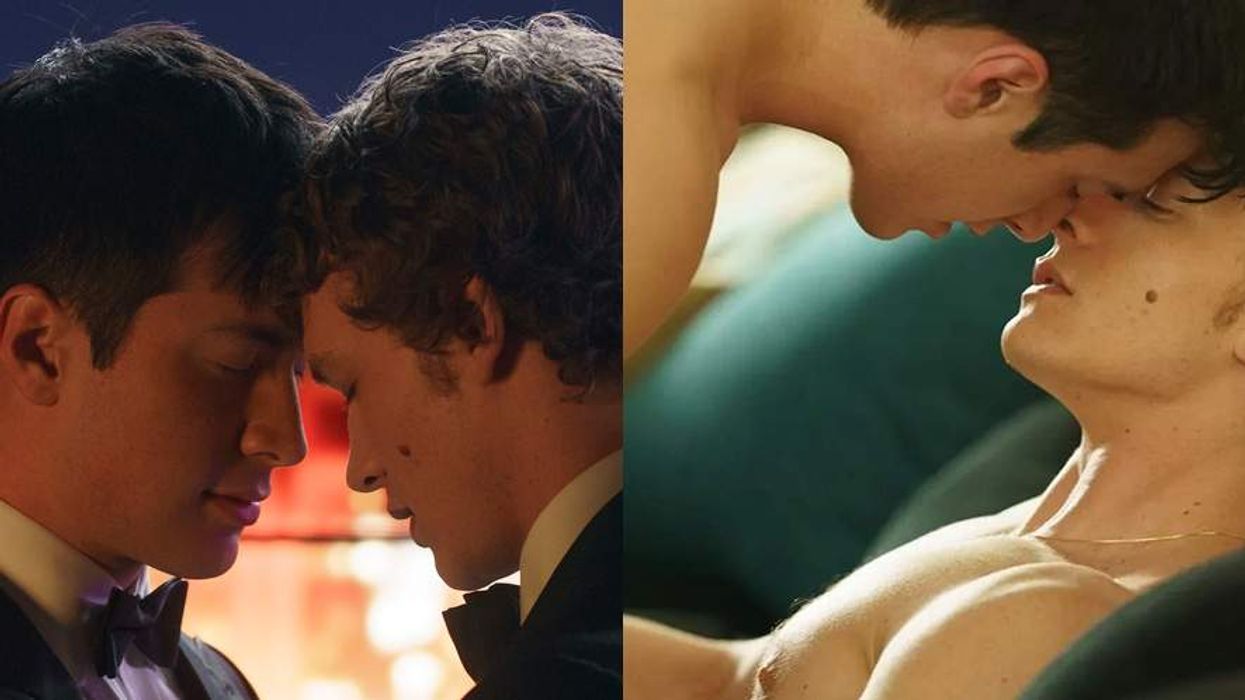
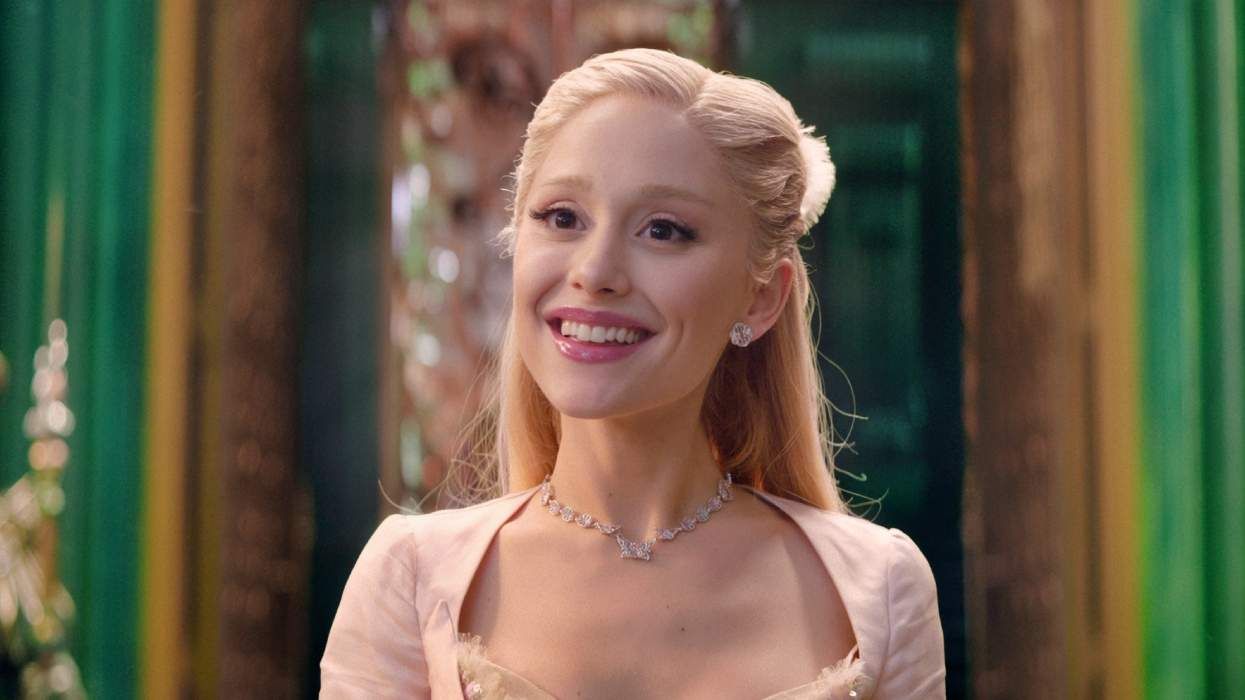
I watched the Kid Rock Turning Point USA halftime show so you don't have to
Opinion: "I have no problem with lip syncing, but you'd think the side that hates drag queens so much would have a little more shame about it," writes Ryan Adamczeski.